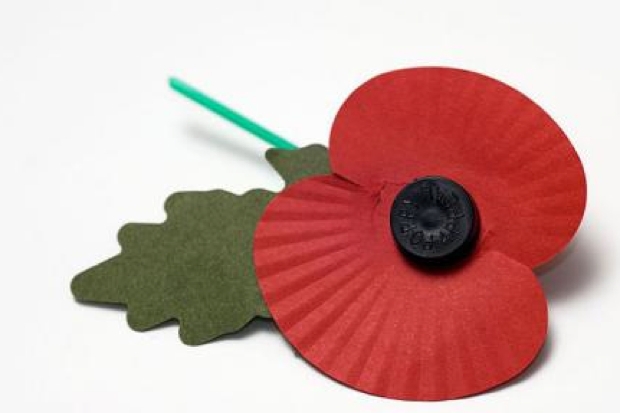This time of year features my two least favourite festivals, Halloween and Guy Fawkes Night, but the build up to Remembrance Day gives it a run for its money. I don’t mind Halloween being commercial, pagan, fake, foreign and likely to increase diabetes levels, so long as it’s for children; I just don’t know when October 31 turned into International Day of the Idiot.
But now Remembrance Day is marred by the silly pressure for people like Jeremy Corbyn to wear poppies. Peter Hitchens is totally correct on this one, when he writes:
‘If you don’t want to wear one, don’t. If you want to wear a White Poppy, then you should be free to do so. Pacifism (with which I disagree) is a legitimate opinion which should be openly expressed and debated, and implies no disrespect to the dead of war (many of whom were far from enthusiastic about the wars into which they were conscripted, or disillusioned by wars for which they originally volunteered).’
Personally I would lose no respect for Corbyn if he wore a white poppy, or none at all, if he felt that by wearing the red he was endorsing wars he felt unnecessary and wrong. The right to not wear a poppy is, after all, what my grandfather fought the war for, or at least would have had he not faked injury to escape service.
The actual ceremony at the Cenotaph is very moving, but there is also a sense that, with the remaining Second World War survivors passing away, perhaps there has come a time for the country to move on, as Martin Kettle suggested in the Guardian recently.
This is neither meant as disrespect to the dead, nor to downplay the importance of raising money for servicemen through the Royal Legion, but when 11 November was first commemorated, few families would have been unaffected by war; today very few of us have direct relatives who died in combat, and so a day for the war dead no longer means as much.
There is a time for remembering our dead, and for thinking of our loved ones, but 11 November is in any case rather a synthetic replacement for the more traditional All Saints Day and All Souls Day (Day of the Dead) on 1 and 2 November. This used to be widely commemorated in England, but it has since been replaced by its secular, military equivalent.
Even if one is not religious, it’s psychologically healthy to hold a day of the dead, but because England has largely forgotten this Catholic (and with it, pre-Christian) tradition, it has lost this important date. This is a shame; visiting Poland at this time of year, where almost everyone seems to be carrying flowers to bring to the graves of relatives, is very moving.
Traditionally in Europe this time of year heralded the coming of winter, the shortening of days and the slaughtering of cattle; November was Blotmonath, Blood Month, in Anglo-Saxon England, while before Halloween the Celts celebrated Samhain, where the souls of the dead visited the living.
Over the past few years the subject of an autumn bank holiday has often come up, to create a break between August and Christmas, with Trafalgar Day the most popular; so perhaps, with the memory of 1914-1945 fading, it would be more appropriate to downgrade the importance of 11/11/11 and instead mark 1 November as a public holiday and general day of remembrance for everyone, not just those who have died in combat.







Comments